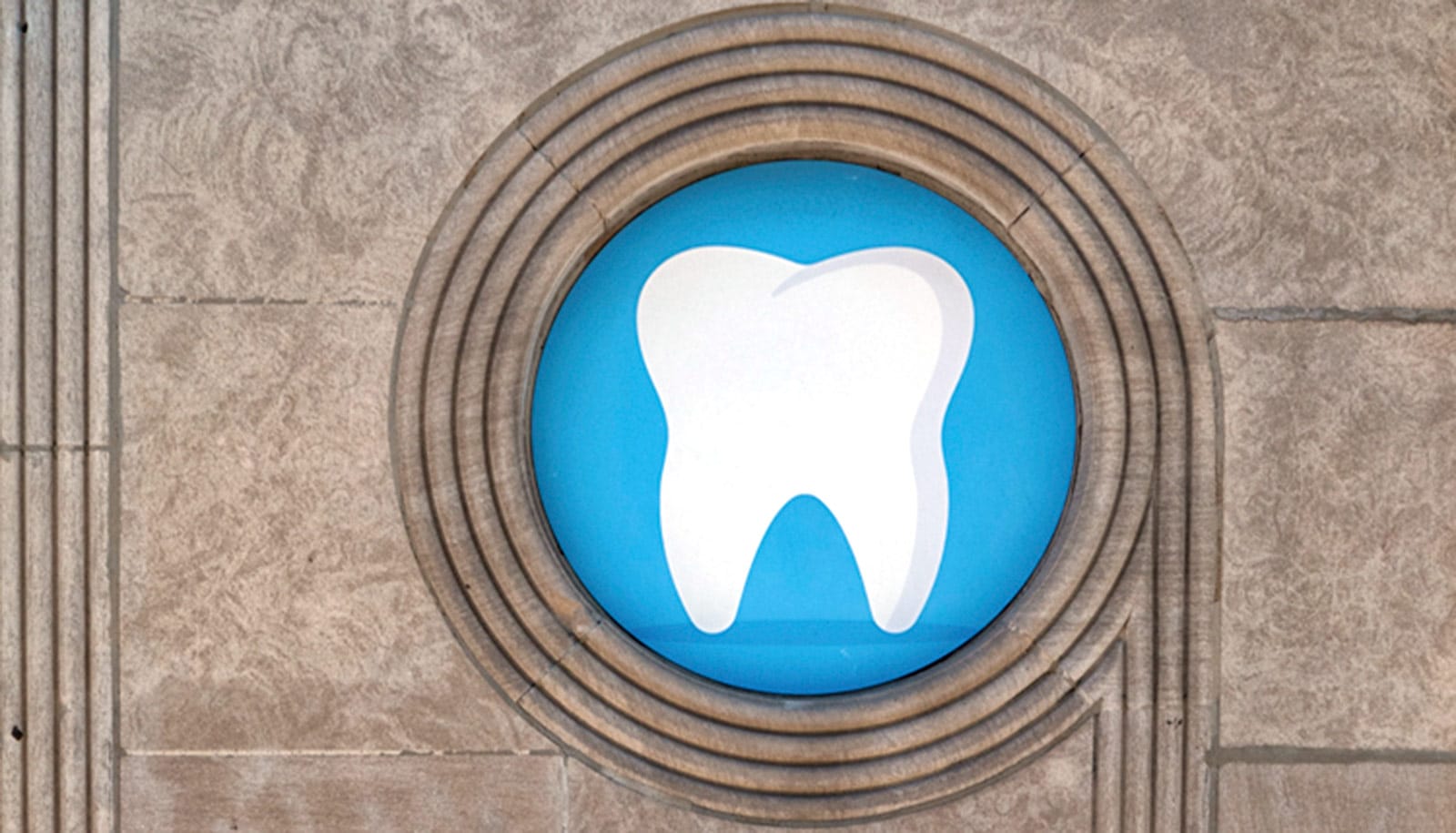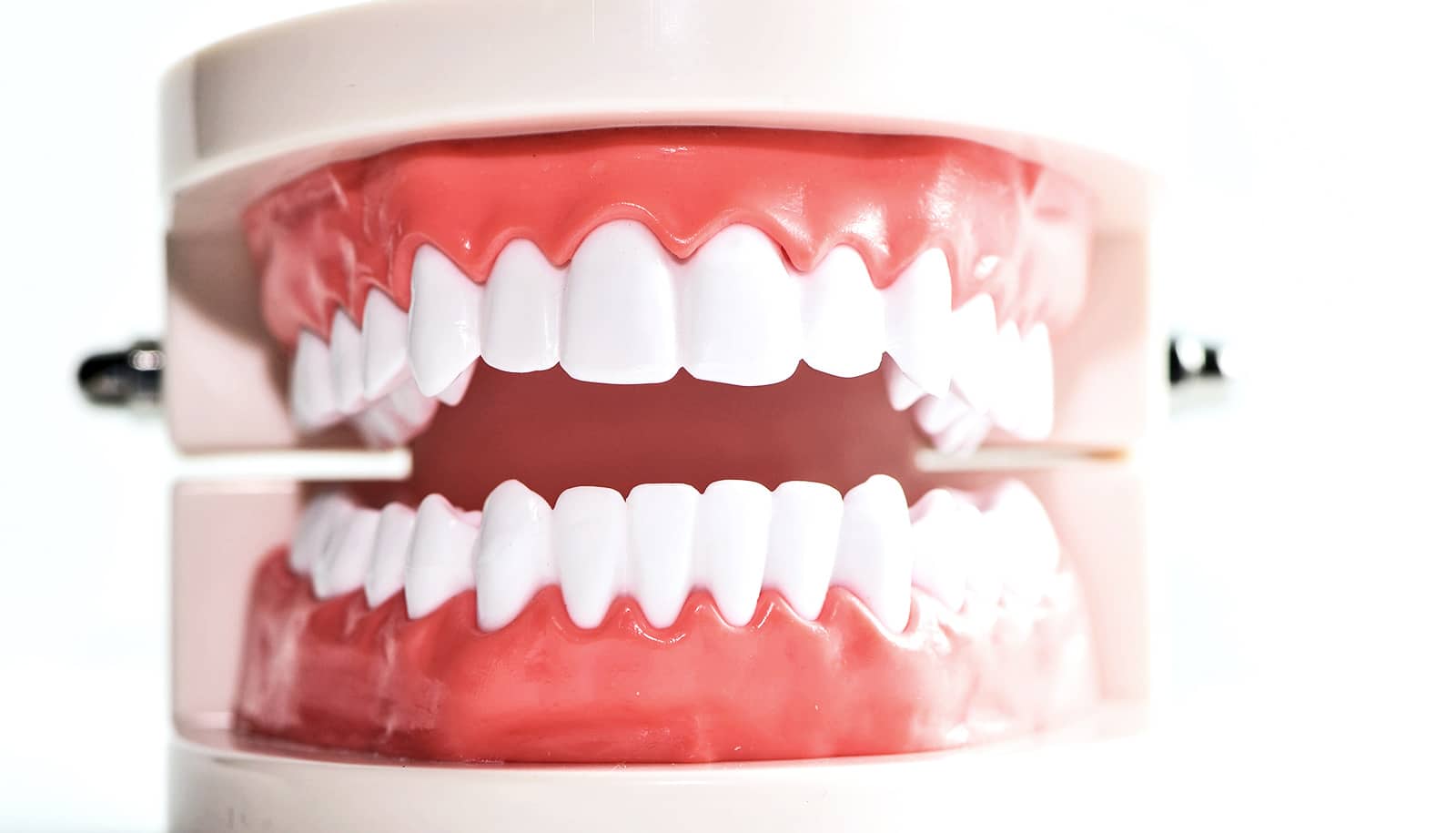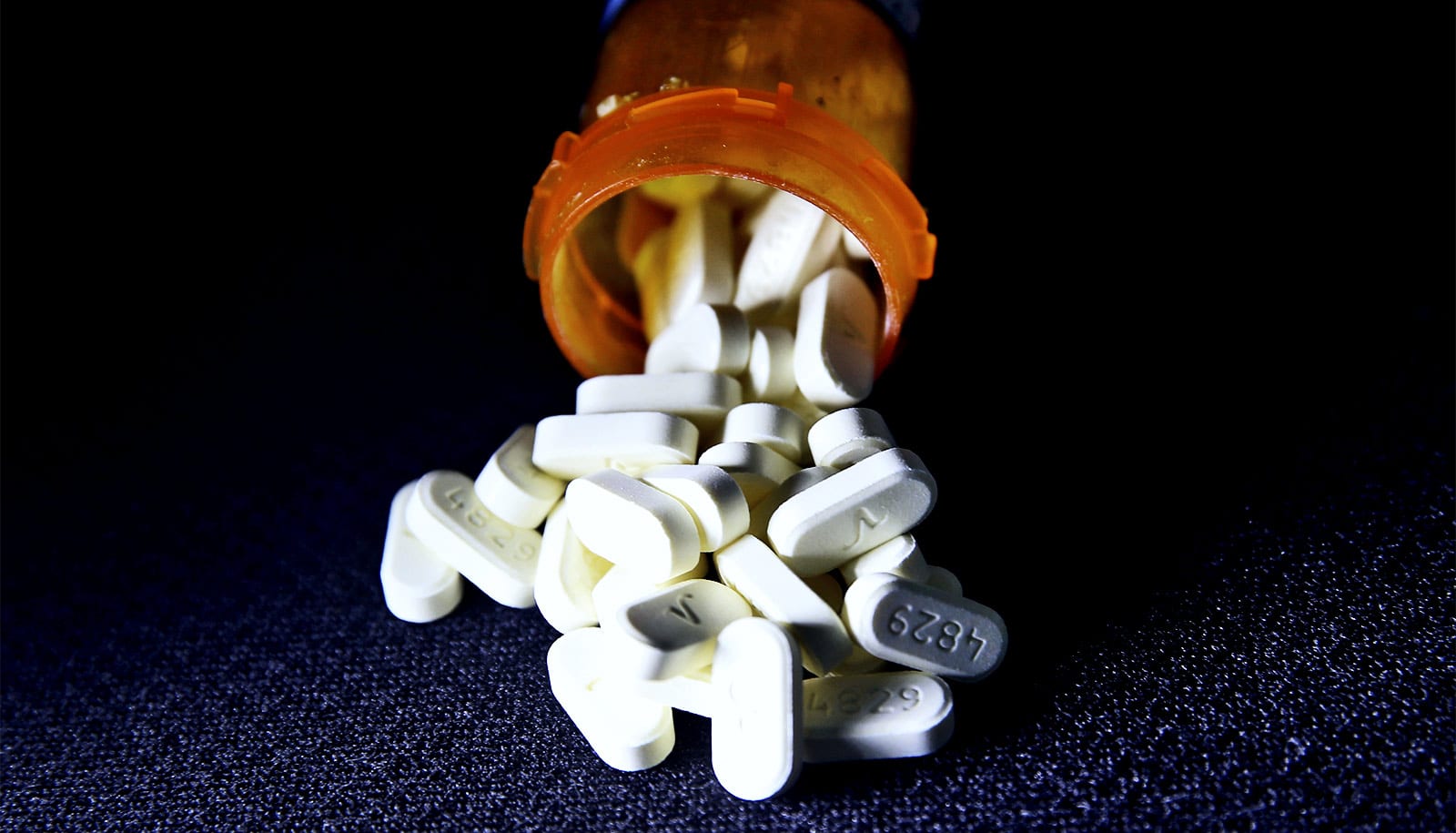As the opioid epidemic rages on during the COVID-19 pandemic, a new study shows promise for a non-opioid alternative for acute tooth pain.
Prescription opioid-involved death rates increased more than 16% from 2019 to 2020, and among all the opioid overdose deaths, prescription opioids represent nearly 18%, according to the Centers for Disease Control and Prevention.
As reported in JAMA Network Open, the study compares two large groups of patients representing an equal number of men and women ages 18-93 who had a dental extraction.
“We hypothesized that using a combination of the non-opioid pain medications and adding gabapentin to the mix for pain would be an effective strategy to minimize or eliminate opioids for dental pain,” says Yanfang Ren, professor and clinical chief at the Howitt Urgent Dental Care clinic at the University of Rochester Medical Center’s Eastman Institute for Oral Health (EIOH).
For the 3,300 patients in the first group in 2012, those with mild pain were treated with ibuprofen or acetaminophen. For moderate to severe pain, patients were prescribed higher doses of ibuprofen or opioid combinations including hydrocodone, oxycodone, or codeine.
But the second group of nearly 3,800 people who had extractions from March 2021 through February 2022, received no opioids whatsoever.
Similarly, for mild pain, the second group was prescribed acetaminophen or ibuprofen. For moderate to severe pain, higher doses of ibuprofen or an ibuprofen and acetaminophen combination were prescribed.
For the segment of patients unable to take ibuprofen or acetaminophen due to health issues or potential interactions with existing medications, they were often prescribed an opioid combination in year 2012, but a gabapentin combination was used instead in 2022 to use as a non-opioid alternative.
The results showed promise when researchers evaluated the effectiveness using a real-word measure of proportion of patients returning for additional pain treatment after receiving the prescribed analgesics.
“Although the American Dental Association recommends nonsteroidal anti-inflammatory drugs for managing pain,” Ren says, “dentists frequently prescribe opioids for dental pain and contribute substantially to new and persistent opioid use.
“This may partly be explained by the lack of alternatives to opioids, especially when the ibuprofen or acetaminophen are ineffective or can’t be tolerated.”
“This study represents continued efforts by our team and other dentists to minimize the use of opioids for dental pain,” says Eli Eliav, the director of EIOH and a pain expert. “Additional studies, preferably randomized controlled clinical trials, are needed to confirm the safety and effectiveness of this approach. It is our duty to continuously seek safe and effective treatment for our patients in pain.”
Source: University of Rochester


